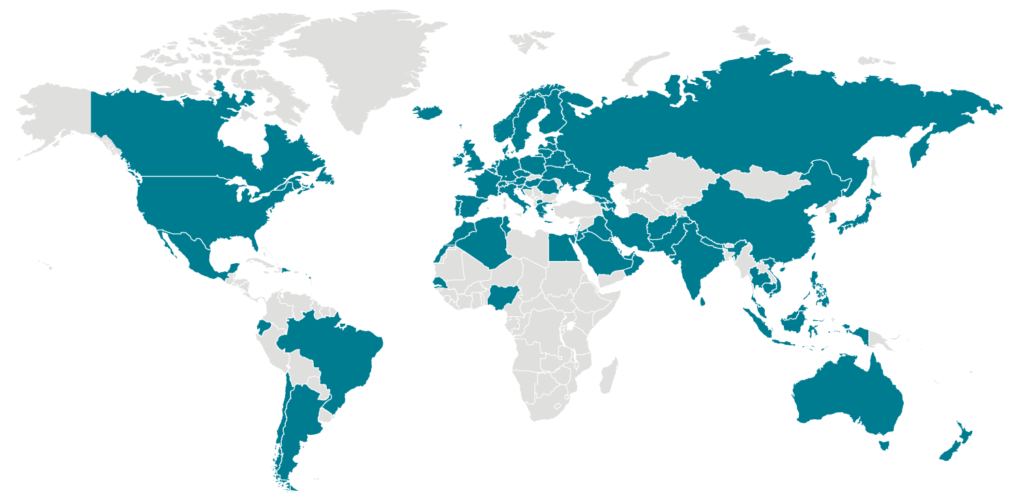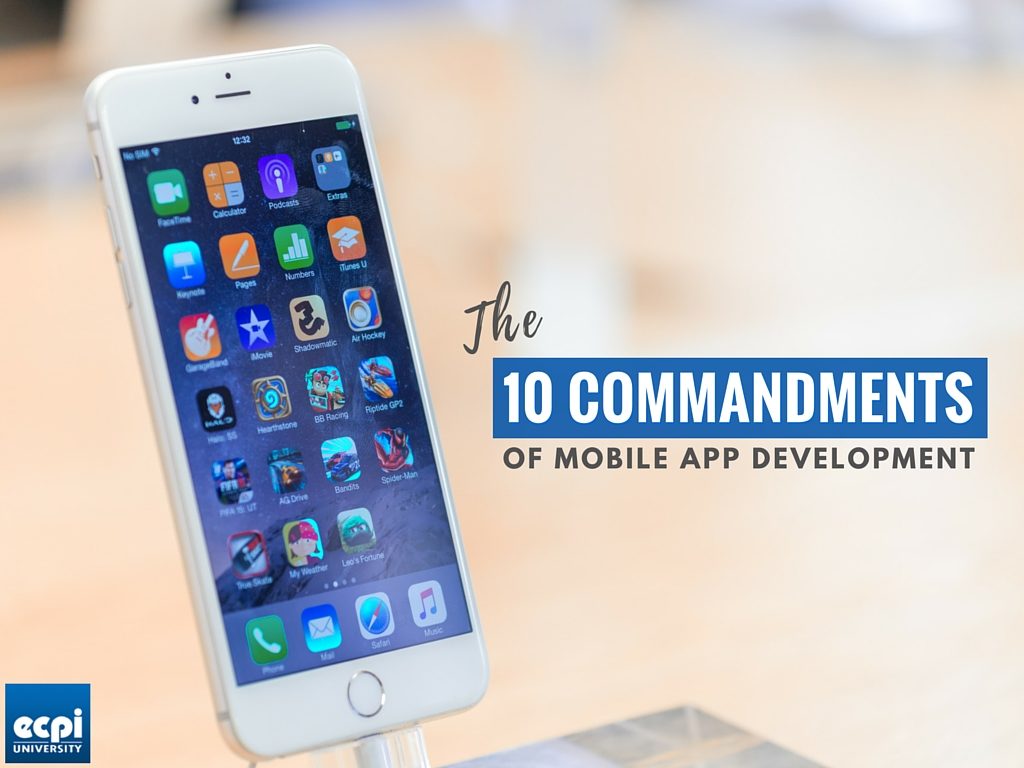
When Jesus ministered in this world, touch played a prominent role in his ministry. Whether healing the blind, the mute, the deaf, the sick, the leper, or even bringing the dead back to life, Jesus used physical touch. Yes, Jesus brought much healing through his hands. What is interesting though is in doing a word search on the word “touch” in the gospel accounts, I find people are seeking to touch Jesus as much as he is seeking to touch them. Many times, someone touches Jesus and is healed!
Mark 6:56 says, “And wherever he went-into villages, towns or countryside-they placed the sick in the marketplaces. They begged him to let them touch even the edge of his cloak, and all who touched him were healed.” No wonder everyone wanted a piece of Jesus . . . Literally. But not everyone asked for Jesus’ permission to touch him. The sick woman who had been subject to bleeding for 12 years could not wait.
Mark 5:26-29 reads, “She had suffered a great deal under the care of many doctors and had spent all she had, yet instead of getting better she grew worse. When she heard about Jesus, she came up behind him in the crowd and touched his cloak, because she thought, “If I just touch his clothes, I will be healed.” Immediately her bleeding stopped and she felt in her body that she was freed from her suffering.
Of course, Jesus goes on to tell everyone that it is was the woman’s faith that healed her. This type of healing ministry was non-stop for Jesus because v. 35 of the same account states, “While Jesus was still speaking, some men came from the house of Jairus . . .” Here we go again, another request for the touch of Jesus. Can’t we let the man get some rest? No, because Jesus was bombarded with healing request after healing request. He touched and was touched. As it says in v. 30, “At once Jesus realized that power had gone out from him. He turned around in the crowd and asked, “Who touched me?”
We don’t go around healing people 24/7 because well, we aren’t the Son of God. Jesus was and is the only Son of God. But Jesus does use his church, his body, his bride as his hands and feet in this day and in this hour to bring a healing touch to needy people. As Jesus himself said, it is not the healthy who need a doctor, but the sick. The truth is even if you don’t have the coronavirus, you are sick. Let me explain!
As humans made in the image of God, we were made for touch. We were made to be touched and we were made to touch. From the moment you are born, you come out touched, whether by doctors, your father, your mother, or someone else. You remain in need of touch for many years just to survive. Even as we grow old, there is never a time where we don’t need touched through a loving hug, a pat on the back, or a handshake. Touch affirms our innate value as human beings. To not be touched is to be left for dead.
But we can’t touch now because of social distance guidelines. Or can we? True, you need to delay touching people as the guidelines suggest until the coronavirus passes. But you can always reach out and touch Jesus. He is your refuge, strength, and ever-present help in time of need (Psalm 46:1). But you can also touch people in a digital sort of way. Texting, emailing, FaceTiming, and participating in social media such as Facebook, Skype, and Zoom are all ways to stay in touch.
However, these touches don’t compare to physical touch because though these points of contact connect us, they also keep us at a distance to where we cannot physically touch the person we are communicating with. Even the lyrics of a popular song in culture today reads, “I said, ooh, I’m blinded by the lights, No I can’t sleep until I feel your touch, I said, ooh, I’m drowning in the night, Oh, when I’m like this you’re the one I trust.” We tend to touch those we trust and for those we are most intimate with, we crave that touch.
Thus we are all sick. We are feeling somewhat isolated because we are. I think this too shall pass, but for the time being, keep reaching out to touch Jesus and keep touching others digitally. We’re all fighting something we can’t see in the form of the coronavirus, but for those in Christ, we’re also receiving a power out of Someone we are touching but can’t see. As with the sick lady, it is our faith that heals us. V. 34 – He said to her, “Daughter, your faith has healed you. Go in peace and be freed from your suffering.”








